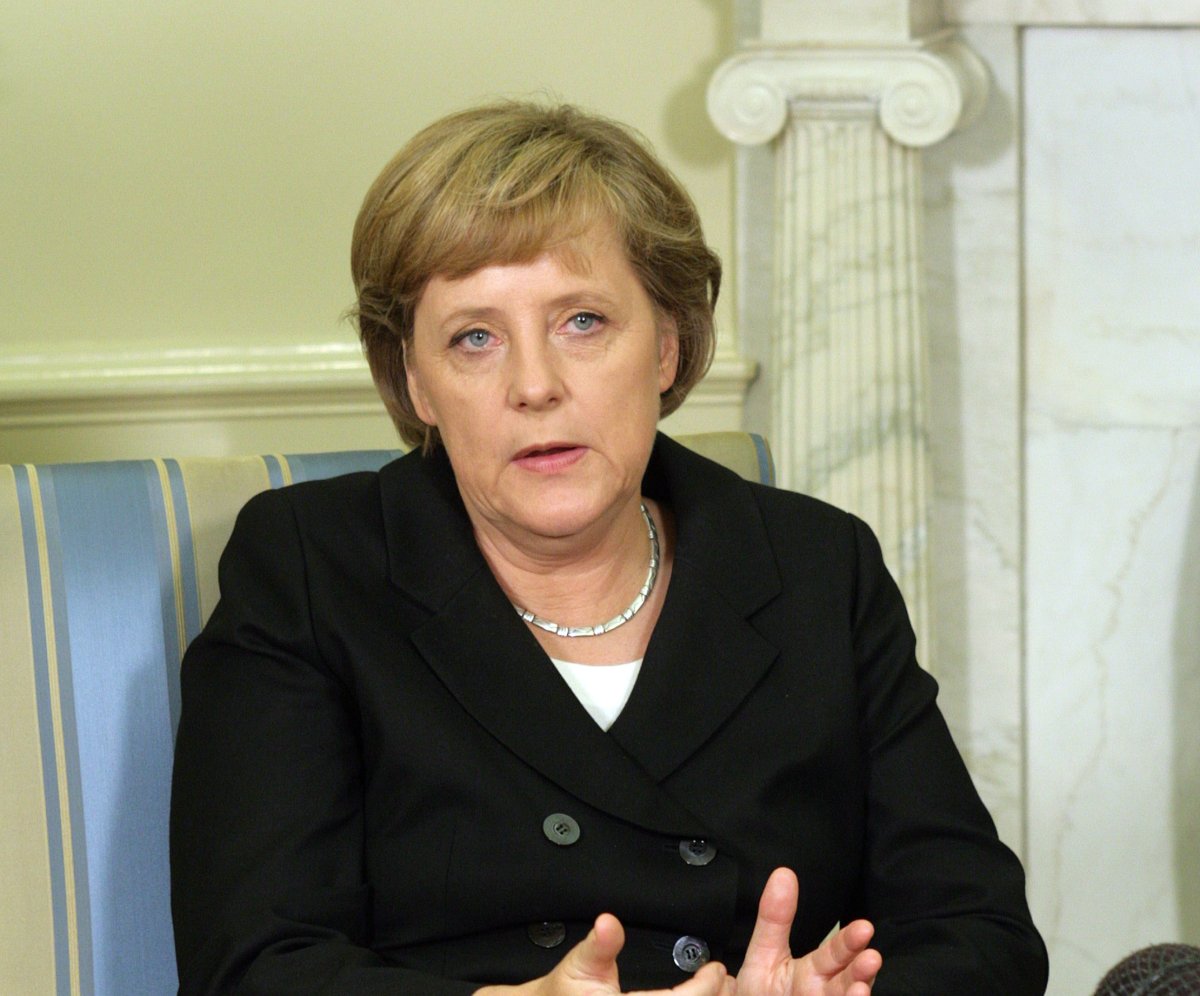loola-games.info – Angela Merkel, born on July 17, 1954, in Hamburg, West Germany, made history as the first female Chancellor of Germany, a position she held from 2005 to 2021. Her tenure, marked by stability, pragmatism, and a commitment to European unity, has left a lasting impact on both German and international politics.
Early Life and Career
Merkel’s journey to becoming one of the most influential leaders in the world began in a divided Germany. Born Angela Dorothea Kasner, she grew up in East Germany, where she excelled in her studies, particularly in physics. Merkel earned her doctorate in quantum chemistry in 1986 and worked as a researcher before the fall of the Berlin Wall in 1989.
The reunification of Germany in 1990 opened new paths for Merkel. She entered politics as a member of the newly formed Democratic Awakening party, which later merged with the Christian Democratic Union (CDU). Her political career took off under the mentorship of Helmut Kohl, who became her political ally and was instrumental in her rise within the CDU.
Ascension to Chancellorship
Merkel’s ascent to the Chancellorship was a testament to her political acumen and resilience. In 2005, she was elected as the leader of the CDU and subsequently became the Chancellor of Germany, a position she held for four consecutive terms. Her election marked a significant milestone in European politics, making her the first woman to lead Germany and one of the most powerful women in the world.
Leadership and Policies
Throughout her 16-year tenure, Merkel was known for her pragmatic approach to governance, focusing on stability, economic reform, and international cooperation. She played a pivotal role in navigating Germany and the European Union through several crises, including the global financial crisis of 2008, the European debt crisis, and the refugee crisis of 2015.
Merkel’s leadership was characterized by her commitment to European unity and integration. She was a key figure in the negotiations that led to the European Union’s fiscal compact and played a central role in the management of the Greek debt crisis. Her approach to the refugee crisis, advocating for a compassionate and humane response, was both controversial and admired.
Legacy
Angela Merkel’s legacy as Chancellor of Germany is one of stability, leadership, and a steadfast commitment to democratic values. Her tenure saw Germany emerge as a leading economic power and a key player on the international stage. Merkel’s ability to navigate complex domestic and international challenges, often through compromise and consensus-building, has earned her respect and admiration worldwide.
As the first female Chancellor, Merkel also broke barriers for women in politics, inspiring a new generation of leaders. Her leadership style, marked by humility, intelligence, and a strong moral compass, has left a lasting impact on German and European politics.
Conclusion
Angela Merkel’s 16 years as Chancellor of Germany have been a defining period in both German and European history. Her leadership, characterized by pragmatism, resilience, and a commitment to democratic values, has left an indelible mark on the political landscape. As Germany and the world continue to face new challenges, Merkel’s legacy as a stateswoman and a pioneer for women in politics will undoubtedly continue to inspire future generations.

